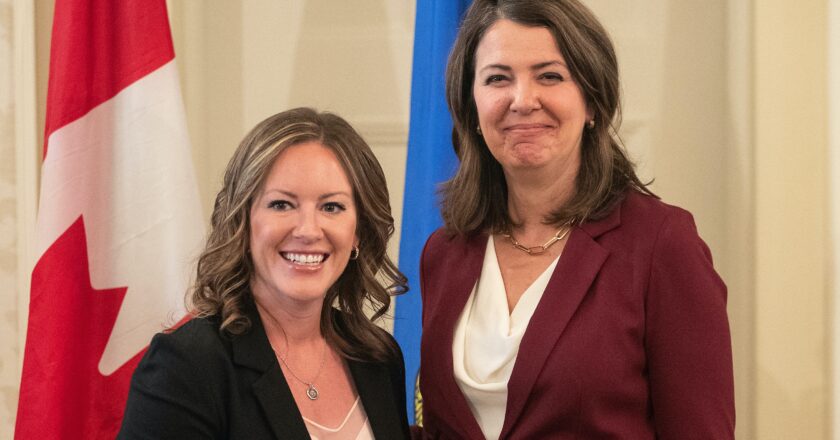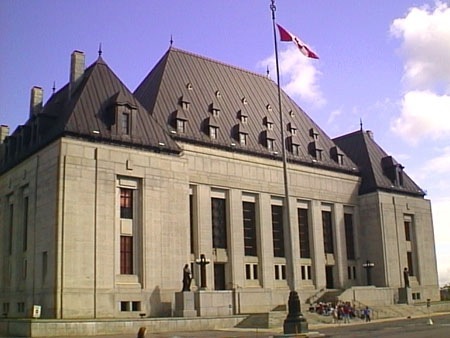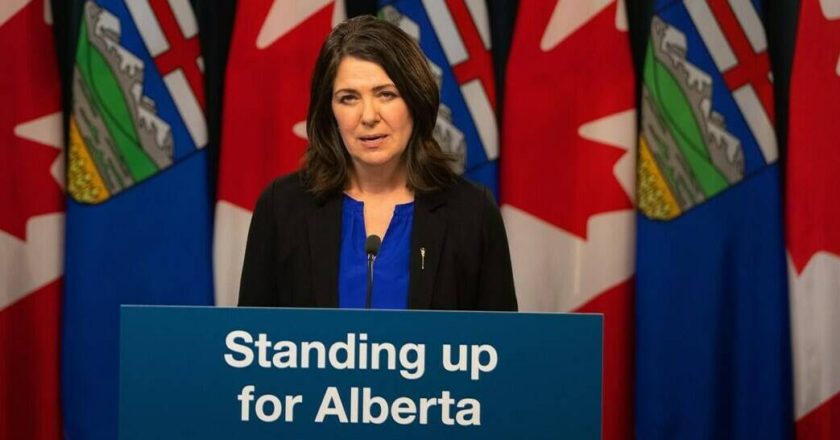Budget, Capital Spending, Credit Ratings, Energy, Environment, Fiscal History, Government Finances, Opinion/Research
Kaplan-Ten major reasons why Alberta’s new fiscal framework won’t bring a long-term sustainability focus to fiscal planning.
In this critical and timely essay- a few days before the province's 2024 Budget is tabled, fiscal planning expert Lennie Kaplan provides an in-depth analysis of problems embedded in the Smith government's Sustainable Fiscal Planning and Reporting Act (SFPRA). Kaplan argues the SFPRA must be fully re-opened to meet Premier Smith’s commitment to long-term fiscal planning. This analysis reveals there is a great deal of flexibility in the government's framework in spite of the impression that the government has little fiscal flexibility to spend.
In her televised address on February 21, 2024, Premier Smith promised to bring a long-term fiscal sustainability focus to Alberta fiscal planning, including building up the assets of the Alberta Heritage Savings Trust Fund (AHSTF) and paying d...




